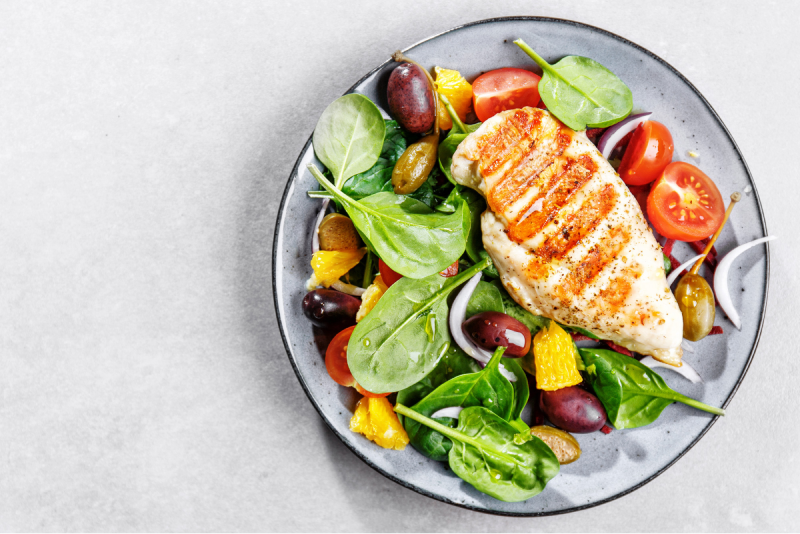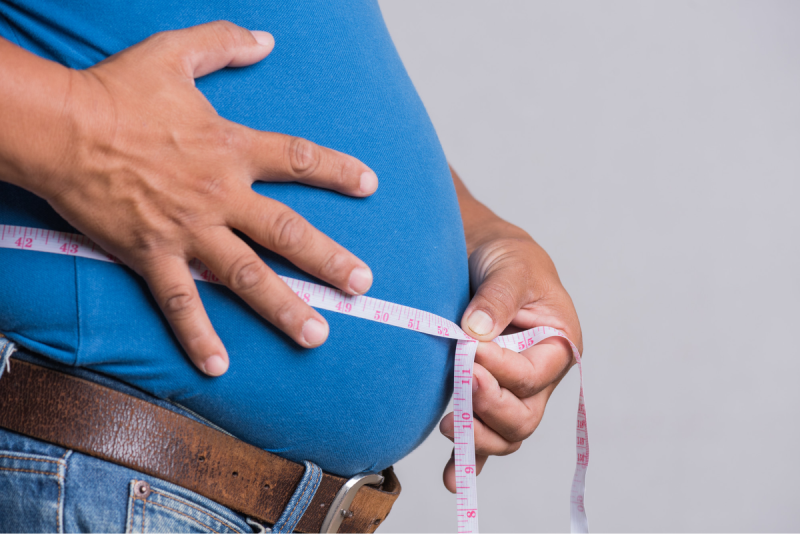In a previous post, we explored the link between healthy dieting and mental health, as well as listed some of the specific foods and nutrients that have been proven to promote mental health.
As a reminder, targeted nutrients that you should include in your diet consumption include :
Tryptophan
Vitamin C
Vitamin A
Vitamins B6 and B12
Iron
Omega 3s
Potassium
Zinc
Thiamine
Magnesium
Selenium
Magnesium
Folate
In today’s post, we’ll tell you how to optimize your mental health even more with six top tips that will help you boost your nutrient intake levels :
1. The first step is the most basic of them all : eat regularly. The reason is biological – the brain needs glucose that it uses as fuel; regular meals prevent blood sugars from dropping which otherwise results in lethargy and fatigue.
2. Say hello to healthy fats, which helps nourish the brain. Nuts, seeds, olive oil and fish are good picks.
3. Don’t overlook your protein needs, which will boost your tryptophan (necessary for serotonin production), zinc, and iron levels. Good sources of protein include red meats, poultry, eggs, whole grains, and seeds.
4. Brown rice , grains, and whole grain bread products are solid suppliers of B vitamins and zinc.
5. Get your vitamin A fix with carrots, sweet potatoes, orange peppers and green leafy vegetables; the latter also contains substantial levels of folate, potassium, magnesium, iron and vitamin C.
6. The brain is made up of 78% water; even low degrees of dehydration can have a negative impact on your mood. Increase your water intake and reduce your caffeine and alcohol consumption to stay hydrated.




